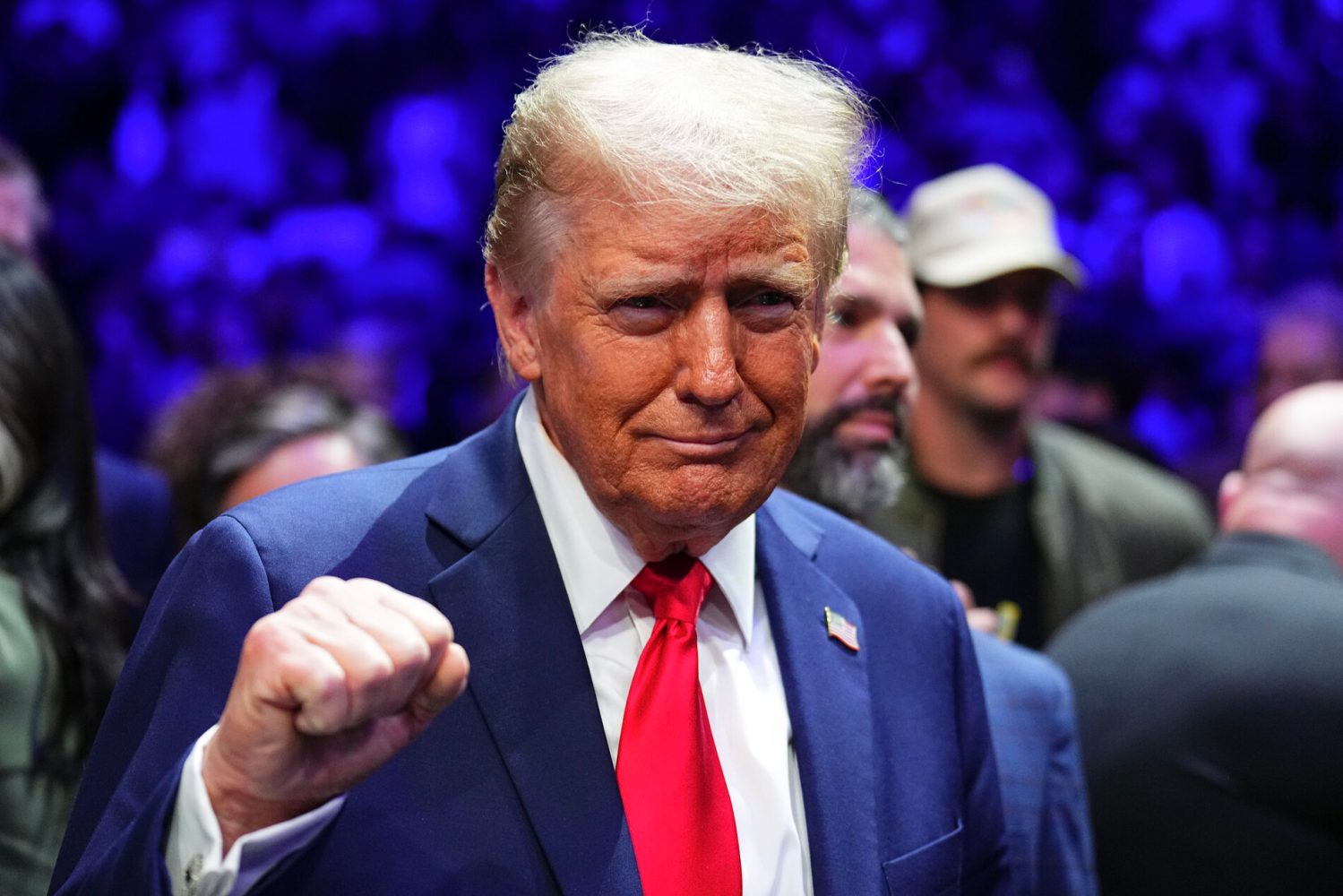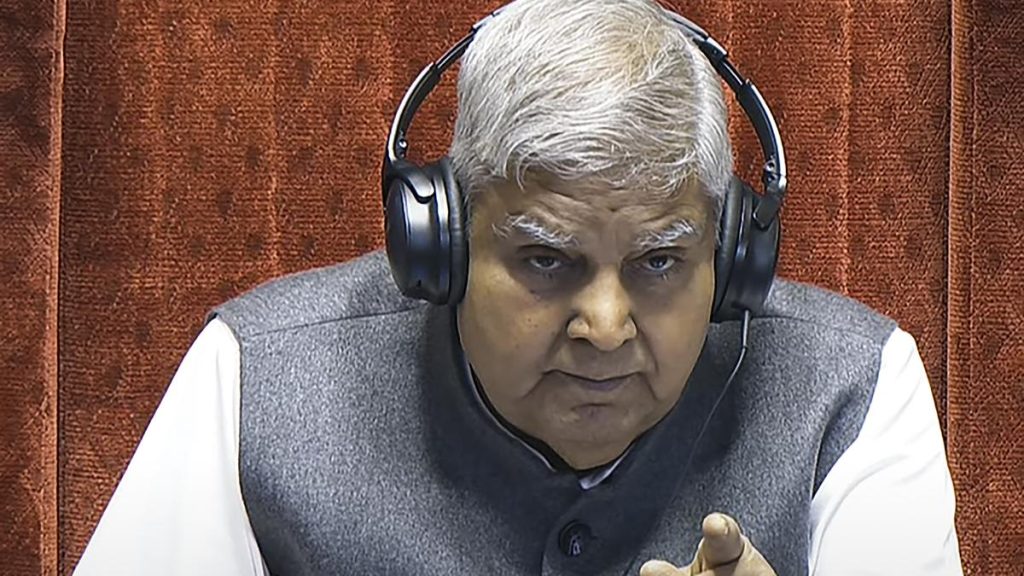Now Reading: Why Trump’s 100% Tariff on Foreign Films Could Backfire
-
01
Why Trump’s 100% Tariff on Foreign Films Could Backfire
Why Trump’s 100% Tariff on Foreign Films Could Backfire

Quick Summary
- Former US President Donald Trump proposed a 100% tariff on foreign-made movies, citing the decline of Hollywood and labeling foreign productions as a “National Security threat.”
- The proposal seeks to encourage filmmaking within the United States and views incentives offered by other countries to attract US film projects as detrimental.
- Major global productions that are filmed outside the US, including those by american companies (e.g., Marvel’s Avengers, James Cameron’s Avatar), would be affected.
- Critics highlight notable shortcomings with the plan:
– It could financially harm Hollywood itself, given its reliance on international filming for cost-efficiency and creative appeal.
– Potential retaliatory tariffs from other nations may impact broader industries beyond film, such as agriculture and tech.
– Enforcement logistics for streaming platforms may be complex or impractical in today’s digital content landscape.- Concerns about cultural protectionism and First Amendment challenges arise from framing foreign media as “propaganda.”
- The proposal risks alienating political allies (e.g., Canada or UK) who collaborate frequently on co-productions with American studios.
Indian Opinion Analysis
Donald Trump’s proposed tariff on foreign films highlights tension between nationalist policies and globalization.For india-home to Bollywood, one of the largest film industries globally-the move sparks questions about international film trade dynamics. Indian cinema has expanded its global footprint; though, a policy like this could challenge cross-cultural collaboration opportunities with US-based distributors or stakeholders. Given India’s increasing participation in co-productions like streaming services (Delhi Crime,Sacred Games),any disruption in global media exchange can hamper growth prospects.
Moreover, such rhetoric indirectly underscores competitive challenges faced by local industries when nations employ protectionist measures. This dynamic raises broader implications: should large markets prioritize domestic production at the expense of global partnerships? India benefits significantly from diverse imports while exporting its cultural products worldwide-a balance critical to sustain both creative diversity and economic gains within entertainment sectors.
Ultimately, Trump’s policy showcases how isolationist approaches warrant careful reevaluation amid interconnected economies like India’s-especially when artistic endeavors transcend borders in today’s era of digital streaming.

























